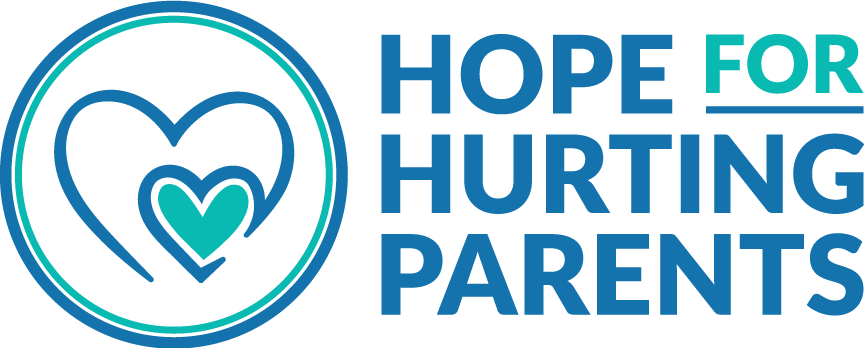 May is Mental Health Awareness Month. All month I will be posting blogs on this topic. If your son or daughter has been diagnosed with a mental health issue you need all the help you can get to understand.
May is Mental Health Awareness Month. All month I will be posting blogs on this topic. If your son or daughter has been diagnosed with a mental health issue you need all the help you can get to understand.
Major depression, obsessive compulsive, bipolar disorder , PTSD and schizophrenia (among other disorders) are robbing millions of their quality of life. This is part one of a three part series highlighting information about the major mental illnesses, also called brain disorders.
My information is from The National Alliance on Mental Illness (nami.org) the major source of information, education, advocacy, and support for individuals and their families affected by this challenge.
Mental illnesses are not the result of personal weakness, lack of character, or poor upbringing. They are medical conditions that men, women, and sometimes even children, have no control over, like diabetes or cancer. These disorders diminish their ability to function and cope with the usual demands of life. The result is a huge ripple effect on family members and society in general. Compassion, understanding and support is needed.
Today I’ll address major depression. If you love someone who suffers from this, or if you are, be encouraged. As the non-profit To Write Love on her Arms (twloha.com) says, “There is help and Hope is real”.
One of the best things you as a parent can do is to educate yourself as much as you can. It helped me.
Major depression is a serious medical illness that is much more than feeling sad or blue for a few days. It’s estimated to affect fifteen million American adults in various age and ethnic groups, religious affiliations, and socioeconomic groups – 1 out of every 5 individuals. Depression knows no boundaries. It’s the leading cause of disability. If someone experiences an episode of depression, they’re more likely to have another one sometime in their lives.
Causes:
– A chemical imbalance in the brain; low amounts of serotonin; genetic factors – can be hereditary; life events – loss of a loved one; physical illness; financial or relationship problems, or chronic stress.
Symptoms to look for:
– Changes in sleep: Insomnia or sleeping too much.
– Changes in appetite: Decreased or increased.
– Impaired concentration and decision making: Trouble focusing and making decisions.
– Loss of energy: Unable to do usual daily activities. Sluggish responses.
– Low self-esteem: Negative thoughts about loss or failure and guilt.
– Feelings of hopelessness: Belief that nothing will ever improve. Thoughts of suicide.
If a person has three or more of these symptoms, lasting more than four weeks, then they may be suffering from major depression. Do you see these in your child or in yourself? If so, seek help right away from your doctor. If they confirm your suspicions, you may be referred to a psychiatrist for an evaluation, because a family physician isn’t trained in the medications used to treat mental illnesses, other than possibly prescribing a mild anti-depressant.
The sooner you seek help the better. The longer you wait the harder depression is to treat, lengthening the time for your body to respond. It can take a while to get your brain soup (a phrase some psychiatrists use) back where it needs to be.
Treatment: Medication combined with counseling. A therapist friend of mine insists that this is the best approach. Not just one to the exclusion of the other. Medication helps regulate mood so that deeper issues can be addressed, and feelings can be processed. Peer support groups and education are also considered helpful.
Recovery: Most people return to feeling “normal” (whatever that is!) in weeks or months. Several different medications may need to be tried to find the best one in the right amount. Success depends on the type of depression, its severity and length of duration. It’s easy to become discouraged. Much persistence and perseverance is needed. Be prepared to offer lots of emotional support. And you, the parent, need it too.
Prayer is also important. Ask a few trusted friends to pray. God cares and He will help you and your child.
Remember, you don’t need to feel ashamed or embarrassed. You’re in good company. Don’t isolate, depriving your child or yourself of the help and support that’s needed. So much is available. You may be very surprised how well your friends and family respond to your honesty.
Hope is real. You’re Not Alone!
This Bible verse is for your encouragement:
“Surely God is my help; the Lord is the one who sustains me.” (Psalm 54:4)
A helpful book is, My Name is Hope: Anxiety, Depression, and Life After Melancholy by John Mark Comer

Especially like the comment about medication AND counseling. It is kind of like taking pain meds when you are doing physiotherapy. You need both. Same for depression. I speak from experience and I know that when the deeper issues are ignored depression gets much harder to deal with. On the other hand, when I was so deeply depressed I didn’t have the emotional energy to deal with the issues, so meds helped level the playing field. Depression is certainly physical, but we are integrated beings, and cannot separate the physical, emotional and spiritual. Thanks Dena for doing this series. I am not a parent, but know that parents worldwide need the support you give.
Thank you for your comments earlier in March. I appreciate your insights. You are so right, parents worldwide are in great need of more support.